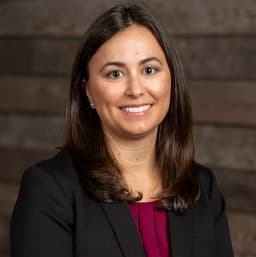Colorado Probate Attorneys
Areas our Colorado Probate Lawyers Serve
Meet Our Probate Lawyers in Colorado
News & resources
FAQs
Non-probate assets often have joint ownership or designated beneficiaries. These assets can bypass the legal process before distribution. Examples include:
Life insurance payouts
Jointly-owned real estate
Retirement plans
Joint bank accounts
Pensions or annuities
Assets in trust
Accounts with "payable on death" beneficiaries
Trust assets go directly to beneficiaries named in a will.
In Colorado, you have three years to file for probate after death. Starting sooner is advisable. After three years, filing is only possible in rare cases. The probate process length varies, potentially lasting months or years.
Most estate disputes stem from poor or nonexistent estate planning. A good estate plan can simplify or avoid probate. A probate attorney can help clarify your estate processing through:
Living wills or trusts
Life insurance policies
Payable-on-death accounts
Transfer-on-death deeds and securities
Your amount of preparation and estate planning determines whether probate is smooth or contentious.
Colorado recognizes three types of probate:
Informal probate: used when there is a valid will and no disputes.
Formal probate: used when the will is contested or unclear.
Ancillary probate: used when the deceased owned property in another state.
Probate isn't legally required, but having a lawyer is highly recommended. A Colorado probate attorney can help avoid costly delays, ensure compliance with Colorado law, and prevent disputes among heirs.


